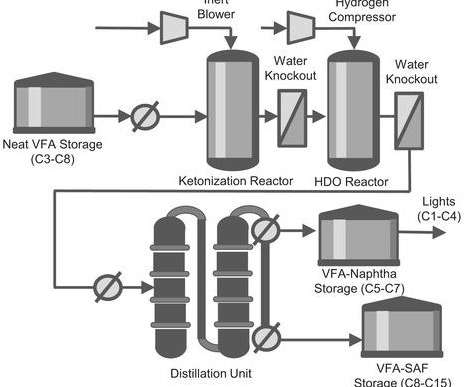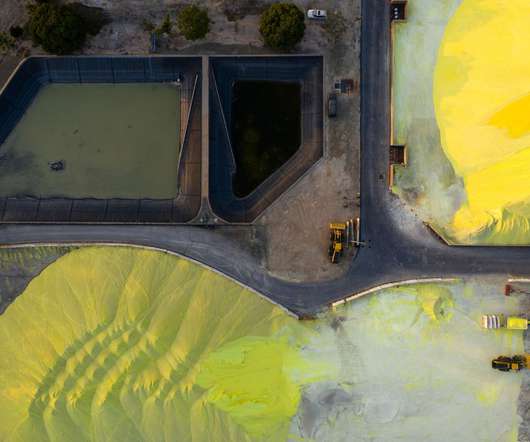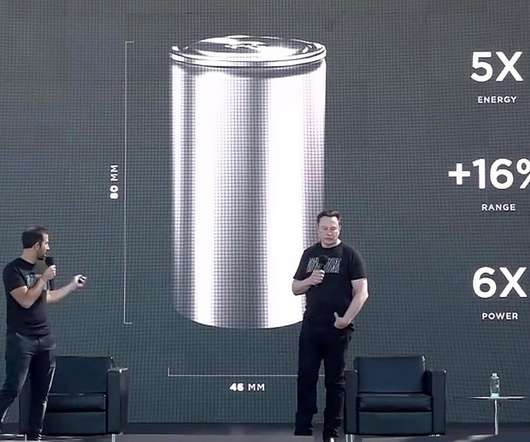DOE to award ~$96M for bioenergy research and development
Green Car Congress
JANUARY 24, 2020
Topic areas within this FOA will advance DOE’s Bioenergy Technology Office’s objectives of reducing the price of drop-in biofuels; lowering the cost of biopower; and enabling high-value products from biomass or waste resources.

























Let's personalize your content